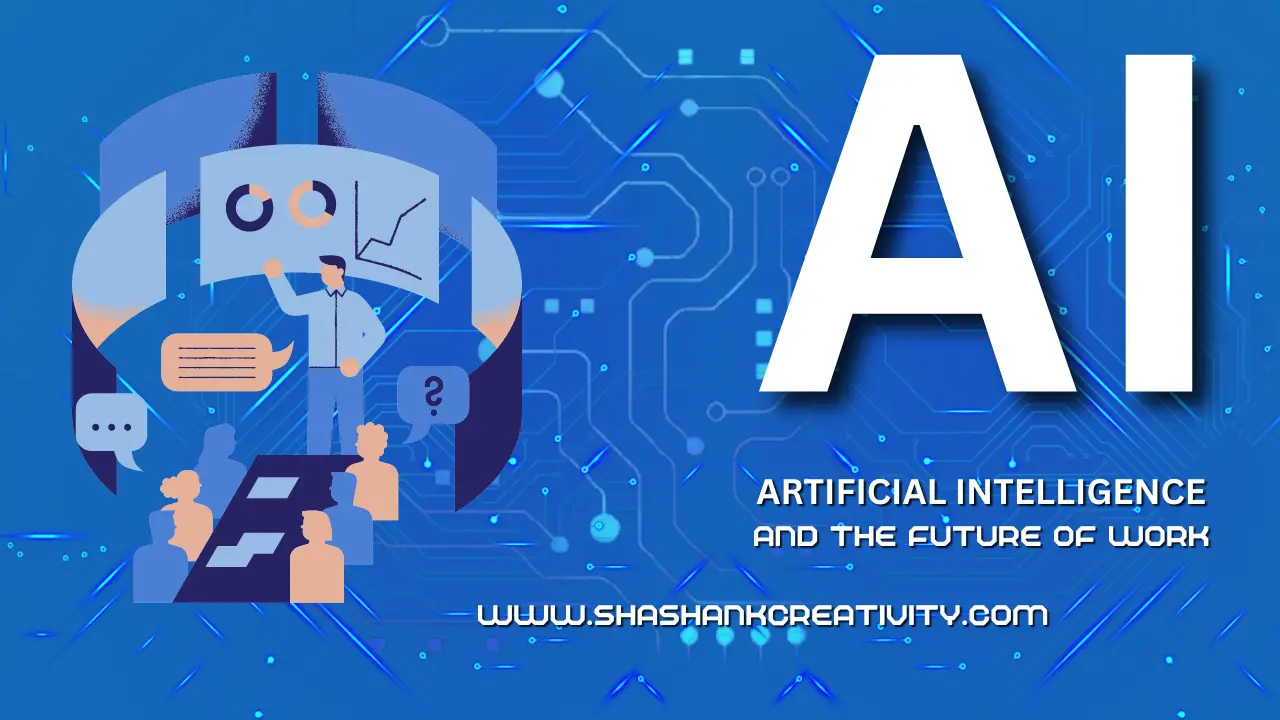Unlock the mystery of AGI vs ANI with a detailed explanation on how AGI algorithms work. Explore the unique differences between these technologies with Shashank Creativity.
Artificial intelligence (AI) is the field of computer science that aims to create machines and systems that can perform tasks that normally require human intelligence. AI can be divided into two broad categories: artificial narrow intelligence (ANI) and artificial general intelligence (AGI).
ANI is the type of AI that we see today in applications such as speech recognition, image recognition, natural language processing, self-driving cars, and so on. ANI systems are designed to perform specific tasks or domains, and they cannot generalize to other tasks or domains beyond their scope. For example, a speech recognition system can transcribe human speech into text, but it cannot understand the meaning of the text or generate new speech.
AGI is the type of AI that is still a hypothetical concept, but it is the ultimate goal of many AI researchers. AGI systems are envisioned to have human-like intelligence and abilities, such as reasoning, learning, planning, creativity, and common sense. AGI systems would be able to perform any task that a human can do, and even surpass human intelligence in some domains. For example, an AGI system could write a novel, compose music, invent new technologies, or solve complex problems.
The main difference between ANI and AGI is the level of generality and adaptability. ANI systems are narrow and specialized, while AGI systems are general and versatile. ANI systems are based on predefined rules and data, while AGI systems are based on self-learning and self-improvement. ANI systems are limited by their design and implementation, while AGI systems are potentially unlimited by their nature.
The question of how to create AGI is one of the most challenging and fascinating problems in AI. There is no consensus on how to define or measure AGI, or what are the necessary and sufficient conditions for achieving it. There are many different approaches and paradigms for developing AGI, such as symbolic AI, connectionist AI, evolutionary AI, hybrid AI, neuromorphic AI, and so on. Each approach has its own advantages and disadvantages, and there is no guarantee that any of them will succeed.
One possible way to create AGI is to emulate the human brain and its cognitive processes. This approach assumes that human intelligence is the best example of AGI that we know of, and that by understanding how the brain works, we can replicate its functions in artificial systems. This approach involves studying neuroscience, psychology, cognitive science, and other related disciplines to model the structure and dynamics of the brain and its components.
Another possible way to create AGI is to design a general learning algorithm that can acquire any knowledge and skill from any data and experience. This approach assumes that human intelligence is not unique or special, and that there are universal principles and mechanisms that underlie all forms of intelligence. This approach involves studying mathematics, logic, computer science, statistics, machine learning, and other related disciplines to formulate a general theory and method of intelligence.
There are many other possible ways to create AGI, each with its own assumptions and challenges. The field of AGI is still in its infancy, and there is no clear roadmap or timeline for achieving it. However, many experts believe that AGI is possible and inevitable in the future, and that it will have profound implications for humanity and society.
artificial intelligence,job market artificial intelligence,robots taking jobs,AI taking jobs,high-skilled jobs,machine learning and datasets,computing power,technology based jobs,shrinking job market,generaL aI advent,Artificial General Intelligence (AGI) ,Artificial Narrow Intelligence (ANI).,can ai take over jobs, can ChatGPT take over jobs?, AGI vs ANI
